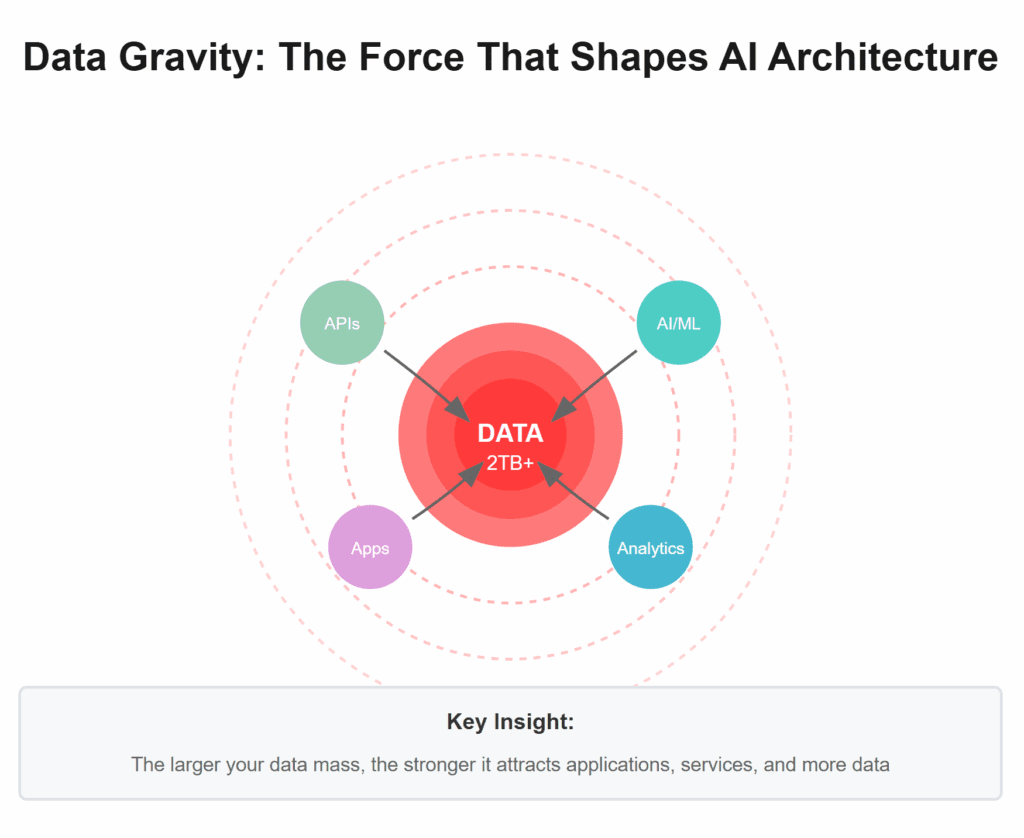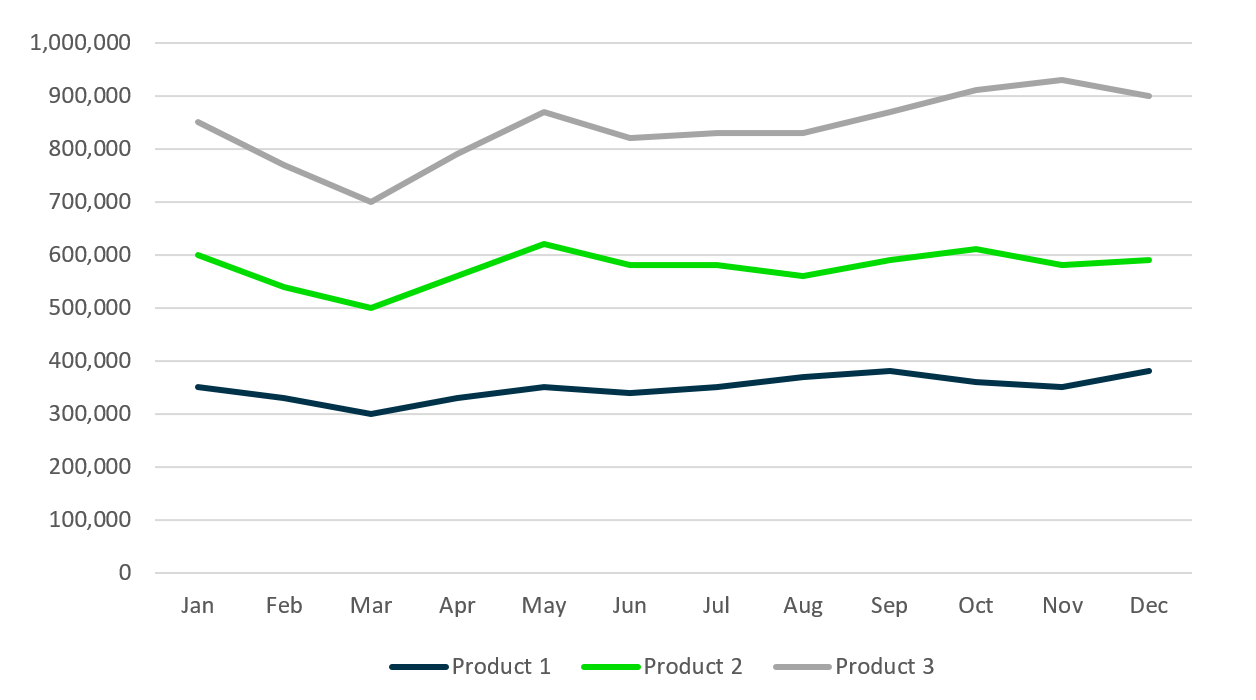In this second article of our agentic AI series, we explore how autonomous, purpose-driven AI changes the accountant’s day-to-day role – from enabling reactive reporting to encouraging proactive leadership. The post Authentic intelligence in action: How agentic AI will shape the future of accounting appeared first on Sage Advice UK.
Authentic intelligence in action: How agentic AI will shape the future of accounting
In this second article of our agentic AI series, we explore how autonomous, purpose-driven AI changes the accountant’s day-to-day role – from enabling reactive reporting to encouraging proactive leadership.

Accounting has always been built on trust, precision, and sound judgment. But the way accountants must deliver value is changing – fast.
At Sage Future 2025, Sage CTO Aaron Harris revealed a powerful shift in thinking: the future of AI in finance won’t be about faster answers. It’ll be about encouraging smarter, more autonomous action.
That’s the promise of agentic AI: intelligent systems that don’t just respond to your prompts, but monitor, interpret, and act independently across your many tasks and workflows.
Here’s what we discuss in this article:
- What agentic AI means for accountants
- From reactive to proactive: A mindset shift
- Try it yourself: A glimpse into agentic AI in action
- A look ahead: How to automate MTD proposals with agentic AI
- Moving from busy work to better work with agentic AI
- A glimpse into a mid-sized customer future
- Building agentic AI tools for trust
- Final thoughts: Questions every accountant should ask
What agentic AI means for accountants
In the first article of this series, we unpacked this agentic AI shift for finance professionals. For accountants, it means moving from a reactive service to real-time, anticipatory insight.
Whether you support sole traders or have scaled to serve mid-sized businesses, this new class of AI could transform how your practice operates, how clients engage, and how you grow.
Agentic AI doesn’t just wait for prompts – it acts on behalf of the user. That changes everything.
Aaron Harris, Chief Technology Officer, Sage
As an accountant, you are already familiar with automation – tools that speed up tasks – or generative AI, which can write, calculate, or summarise on request.
But agentic AI is different. It’s always running in the background, learning, monitoring, and – crucially – taking initiative. Like an expert PA that pre-empts tasks before you’ve assigned them, it will change the speed and quality of your day-to-day routine.
Think of it like this:
- Automation completes a task when you ask it to.
- Generative AI creates something when prompted.
- Agentic AI notices something’s off and starts solving it before you even ask.
In a practice setting, that could support you to:
- Monitor client books and behaviours in real time.
- Spot anomalies or errors as soon as they appear.
- Flag compliance risks or gaps in documentation.
- Suggest or initiate next-best actions – like reconciliation or client follow-ups.
Agentic AI is where you have a digital practice assistant that never sleeps, never forgets, and never needs chasing.
Let’s say a client misses their quarterly VAT deadline. Instead of relying on reminders or your team spotting it manually, your AI assistant could:
- Detect the missed deadline.
- Flag the account.
- Draft a personalised follow-up email – automatically.
Multiply that across your entire client base, and you begin to see the value: scale, consistency, and speed.
From reactive to proactive: A mindset shift
Traditionally, accountants have worked in hindsight – reviewing past transactions, fixing issues after they occur, and responding to client questions after the fact.
Agentic AI changes that.
Prepare for intelligent systems that surface problems early, initiate workflows before deadlines are missed, and alert you without being prompted. The result? Less firefighting, more foresight.
This flips the accountant–client relationship from reactive to predictive. You’re not just explaining what happened – you’re helping clients navigate what’s coming.
Brady Lewis, Senior Director of AI Innovation at Marketri
Instead of scrambling through the month-end close, you can deploy agentic AI that pulls in data from banking feeds, sales platforms, and payroll systems, automatically reconciling totals, applying journal entries, and highlighting exceptions before anyone logs in.
You can use an AI agent to ping clients for missing invoices, start drafting emails, and maintain consistency in reminders, all without human input.
Perhaps most importantly, agentic systems provide continuous oversight.
Agentic AI monitors transactions 24/7, flags anomalies against historical norms, and even recommends changes – like adjusting a tax strategy or updating compliance workflows – based on patterns and preferences.
This isn’t just about saving time. You’ll shift your practice from response to prevention.
Try it yourself: A glimpse into agentic AI in action
Agentic AI is beginning to emerge in tools like Microsoft, Chat GPT, and Sage Copilot, making it possible to build and interact with autonomous workflows.
- Microsoft Copilot and ChatGPT now let you build specialist agents with tools, memory, and predefined goals.
- Sage Copilot is evolving toward the agentic model, building ways to automate workflows, surface alerts, and trigger actions without you needing to prompt the software manually.
To understand the difference a tailored tool can make, try this prompt in ChatGPT or Microsoft Copilot to see how the LLM responds. Then compare it to how agentic AI would handle the same input – proactively, without being asked.
Prompt:
You are an AI assistant for a small business accountant. The client has just closed June and uploaded their ledger. Review the data, flag any issues, and recommend next steps.
Then, offer to draft a follow-up email or automate part of the workflow. Here’s a simplified ledger view you can enter:
| Description | Amount | Notes |
|---|---|---|
| Rent | £2,000 | |
| Salaries | £8,500 | |
| Software Subscriptions | £900 | |
| Client Payment (overdue) | £3,000 | Payment late |
| Software Subscriptions | £900 | Duplicate entry |
| VAT Payment | £1,200 |
Here’s the difference between what generative AI and agentic AI would do:
| Task | Generative AI | Agentic AI |
|---|---|---|
| Duplicate entry spotted |  (if prompted) (if prompted) |  (proactive) (proactive) |
| Overdue invoice flagged |  (if prompted) (if prompted) |  (proactive) (proactive) |
| Reconciliation suggested |  (if prompted) (if prompted) |  (initiates task) (initiates task) |
| Follow-up email drafted |  (if prompted) (if prompted) |  (initiates draft) (initiates draft) |
| Ledger monitored in real time |  |  |
| Workflow triggered automatically |  |  |
| Follow-up email initiated |  |  |
This comparison highlights a simple truth: agentic AI changes the relationship between you and your accounting software.
Where traditional AI needs a prompt, agentic AI is already working. It’s monitoring your ledgers, surfacing issues, and nudging next actions before you even log in.
That’s a major shift – from tools you control, to systems that collaborate with you.
It doesn’t just save time. It changes the nature of the work:
- Less admin. More insight.
- Fewer missed deadlines. More proactive care.
- Less chasing. More leading.
When your software starts handling tasks proactively – flagging errors, nudging clients, tracking workflows – you’re free to focus on what matters: advising, building trust, and growing your practice.
Agentic AI isn’t just more efficient. It’s more accountant-shaped.
A look ahead: How to automate MTD proposals with agentic AI
Agentic AI is emerging just as accountants face the next phase of Making Tax Digital for Income Tax – bringing quarterly updates and tighter compliance checks. The timing couldn’t be better.
Rather than manually managing every step, agentic systems could soon:
- Monitor client submissions.
- Flag missing or late data.
- Recommend tailored advice or services.
- Reduce admin across dozens – or hundreds – of clients.
One potential high-impact use case? Automating MTD service proposals.
Traditionally a time-consuming task, it’s easy to imagine an AI assistant handling the process end-to-end – so accountants can focus on value-added advice.
Here’s what that workflow might look like:
- Lead creation: A prospect contacts the firm. Agentic AI builds a draft lead profile using size, location, and needs.
- Smart qualification: The AI asks key questions, checks MTD eligibility, and prepares structured records.
- Proposal generation: A tailored MTD service proposal is auto-drafted and ready for review if eligible.
- In-portal Q&A: Clients ask follow-up questions directly – tracked and stored for compliance.
- Insights and optimisation: Agentic AI monitors the funnel, tracking conversion rates and drop-offs.
The building blocks are already here: context-aware, goal-driven AI capable of acting without prompts.
Soon, it won’t just support the proposal process – it could run it.
Moving from busy work to better work with agentic AI
Today’s accountants face pressure from every direction:
- Clients want more value – without higher fees.
- Governments are tightening digital compliance.
- Admin tasks still swallow hours that could be spent advising.
Agentic AI offers a way forward – not by replacing accountants, but by freeing them.
Sage Copilot is going to allow us more time to go out and see our clients, listen to their needs, and be more people-facing rather than behind the computer.
Hannah Hall, Cloud accountant, Walter Dawson & Son
This shift is already happening. Sage software tools can create space for deeper, more meaningful client conversations – not just faster data entry.
The time saving from Sage and AutoEntry is used back with the clients. It allows us to reflect on the information… and talk to our clients more about how they’re performing.
Julie Young, Managing director, Walter Dawson & Son
In a world of agentic systems, the goal isn’t simply automation – it’s better use of human time and expertise.
AI agents evolve roles, not replace them… freeing people to focus on strategy, not repetition.
Kevin Quirk, Director, AI Bridge Solutions
Agentic AI supports firms in three critical ways:
- Anticipation, not reaction: spot risks, gaps, and opportunities before they escalate.
- Automation with context: let systems act with intent, not just speed.
- Capacity without burnout: scale your service without sacrificing quality.
This isn’t just good for practices. It’s better for clients, too.
These moments – advice, empathy, forward-thinking – are where accountants create real value. Agentic AI doesn’t take that away. It helps you make more space for it.
The shift is clear: agentic AI frees up time, surfaces insights, and takes care of the repetitive and the real-time – so accountants can focus on what matters most.
As Marcus Denning, a senior compliance lawyer at MK Law, puts it: “The accountant is no longer an operator – they’re becoming an overseer. Clients won’t expect raw data processing, but interpretation, scenario planning, and advice triggered by the actions of the AI.”
In this new model, accountants are empowered to lead – not only respond. Clients will come to expect more than reporting – they’ll want foresight, clarity, and partnership.
A glimpse into a mid-sized customer future
Mid-sized businesses are under pressure, with complex data, tighter margins, and rising stakeholder expectations. The old model of monthly closes and backward-looking reports can’t keep up.
Agentic AI opens a new path – for finance teams and the accountants who support them.
Imagine offering clients the following:
- Daily reconciliation instead of monthly cleanups.
- Live cash flow forecasts that adapt to every new invoice or spend.
- Real-time revenue alerts based on contract activity.
With agentic systems you’ll find:
- Risks are flagged early.
- Forecast health is monitored passively.
- Recommendations are triggered automatically – from budget shifts to scenario modelling.
For accountants, it’s a shift from reporting partner to real-time advisor.
“We taught models to find anomalies in reports on expenses and income. What used to require hours of examining spreadsheets is now immediately brought to our attention,” said Mihaela Ceornoava, Chief accountant, Omniconvert.
AI-driven tools can:
- Spot errors before they hit the client.
- Cut reconciliation time from days to minutes.
- Surface insights using natural language.
- Apply internal accounting policies to act like an internal advisor.
“AI doesn’t just speed things up. It changes how decisions are made. Accountants are evolving into AI supervisors,” said Berkay Kinaci, COO at Speaktor.
This is more than efficiency. It’s a new mindset – where accountants lead with insight, not hindsight.
Building agentic AI tools for trust
As Sage CEO Steve Hare recently wrote, “We didn’t start with hype. We started with solving your challenges.”
That philosophy drives how Sage is building agentic AI – not as a flashy bolt-on, but as authentic intelligence, built with accountants, for accountants. It has created AI that acts purposefully, earns your trust, and helps you lead beyond your daily routine.
Agentic AI can only be useful if it’s safe, explainable, and built with accountants in mind. That’s why Sage has trained its own AI models to ensure its expertise in financial services – not just use bolt-on general-purpose tools.
These models are:
- Trained on accounting standards and Sage product data.
- Designed with auditability and compliance at the core.
- Embedded directly into Sage tools like Sage for Accountants, Sage Copilot, and Sage Intacct.
Sage Copilot is going to pick out anomalies within VAT returns… I have some clients that process their own VAT returns and just want us to look over it – Copilot will help us do that.
Hannah Hall
And with the new AI Trust Label, accountants can see exactly how a model was trained, what data it uses, and how accuracy and bias are managed.
Trust is the biggest barrier to adopting AI… We’re not just building artificial intelligence – we’re building authentic intelligence.
Aaron Harris
Final thoughts: Questions every accountant should ask
Agentic AI is a practical toolset, grounded in real-world use and working inside products you know.
So, as you look ahead, ask yourself:
- Are we still waiting for insight – or is insight finding us?
- Are we spending time on judgment – or just data entry?
- Are we building a firm that reacts – or one that leads?
The next generation of accounting won’t just rely on dashboards.
It’ll run on agents – trusted, intelligent, and built to act.
Sage Copilot. Your dedicated AI-powered productivity assistant
Step into a new business era with Sage Copilot, built on over 40 years of experience supporting British businesses like yours. Get work done faster with real insights, fewer errors and less admin.

The post Authentic intelligence in action: How agentic AI will shape the future of accounting appeared first on Sage Advice UK.














